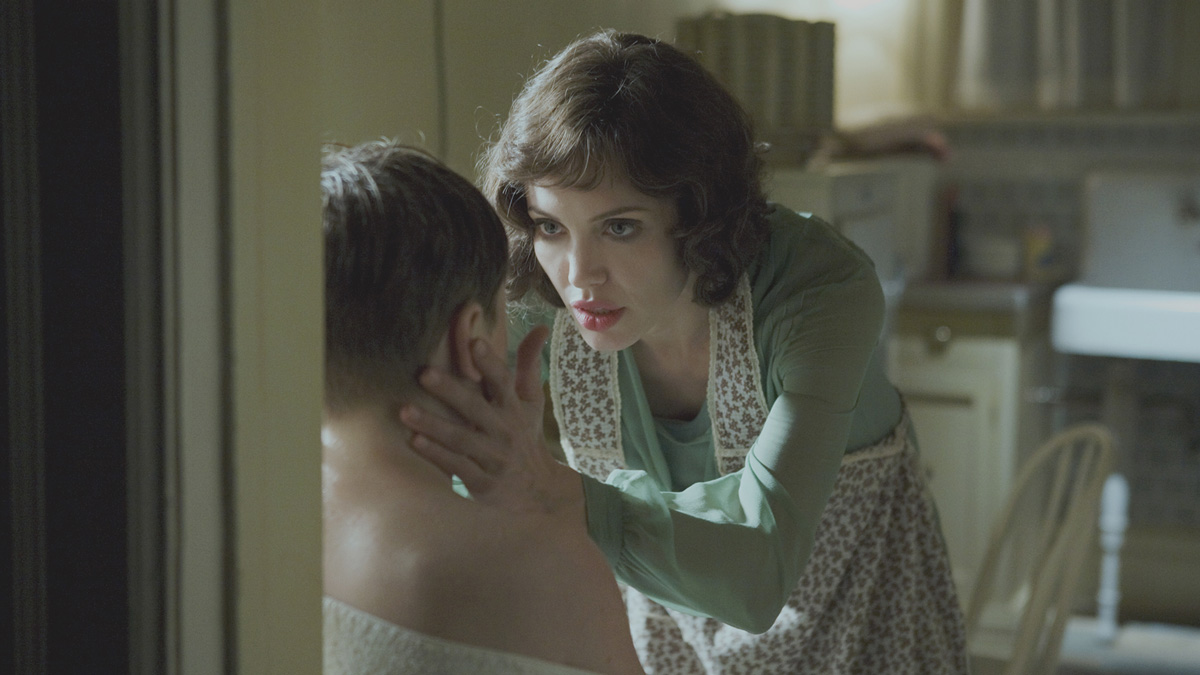
(c) Photofest / Getty Images
State power denounced in the Clint Eastwood film “Changeling”
2020.11.25
*This article touches on the core of the story, so we recommend reading it after watching the movie.
"Changeling" synopsis
Los Angeles in 1928. Christine, a single mother, lived with her nine-year-old son, Walter. One day, she can't refuse her co-worker and gives up her day off to go to work. When she returned home after dark, her son, who was supposed to be alone at home, had disappeared. Five months The Day After, the good news comes that Walter has been found in Illinois. Then, as the Los Angeles Police Department's exaggerated production attracts the press, Christine greets her child at the train station, savoring the joy of being reunited with her son as he returns home by train. However, the person who gets off the train is a complete stranger to Walter...
Index
- “Police organization” drawn by a thorough individualist
- A script full of anger and distrust towards the police.
- A female version of Dirty Harry played by Angelina Jolie
- Pastor Briegleb, who exudes an indescribable sense of unease.
“Police organization” drawn by a thorough individualist
Police institutions in Clint Eastwood films often appear as entities that seriously undermine the freedom and dignity of individuals. The reason is very simple: he is a true libertarian.
What is a libertarian? The dictionary says ``Freedom supremacist. Complete liberal.'' In short, the country should maintain a "small government" that does not interfere as much as possible! Please let me do it with self-help instead of public assistance! That's what it means. Eastwood is known as a rare Republican in Hollywood, but he's not so much left or right as he is just a fiercely individualist. Let's take a look at an excerpt from his interview.
"It's true that I've always been a Republican. When I first went to vote in the 1950s, I voted for Eisenhower. But I hate partisanship. I once voted for the Democratic Party. Regarding finance and the economy. I may be a conservative. I don't support state intervention in the economy... But on the other hand, I'm very particular about protecting individual freedom."
(Excerpt from “ The Man Who Tried to Be King | John Huston ” translated by Takaharu Miyamoto, published by Seiryu Publishing)
Although libertarians do not deny the minimum level of public order maintenance, they dislike the idea of state power intervening in the lives of individuals. It is only natural that the police are in the position of being the bad guys.
"Dirty Harry" preview
No, wait a minute! Eastwood's breakthrough film `` Dirty Harry '' (1971) goes all out to make a police officer the main character! Some of you may be rolling your eyes. But I want you to remember. Detective Harry Callahan, played by Eastwood, is unable to investigate freely due to the rigid rules of the police organization.
In order to locate the missing girl, Callahan ignores Miranda warnings (warnings given to suspects) and arrests the violent criminal Scorpio. However, it was deemed illegal and Scorpio was acquitted. Burning with humiliation, Callahan throws away his police badge and takes on a final battle in order to punish the brutal criminal. They are faced with the dilemma of ``If they remain in the police force, they will not be able to face the hammer of justice.''
His recent work `` Richard Jewell '' (2019) also followed the ``police = bad guys'' pattern, but the work in Eastwood's history that depicts the police with the most malicious intent is ``Changeling'' starring Angelina Jolie. (08) Probably.

